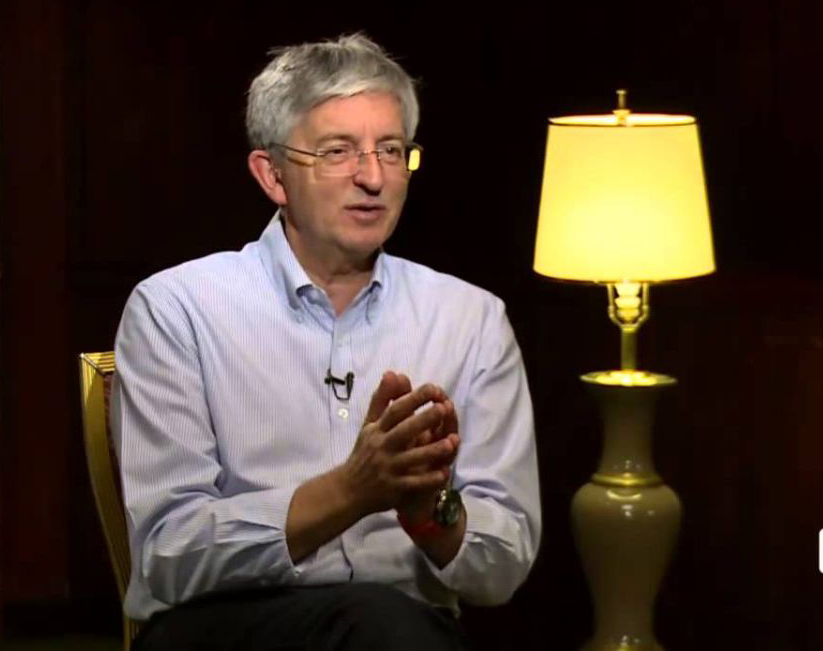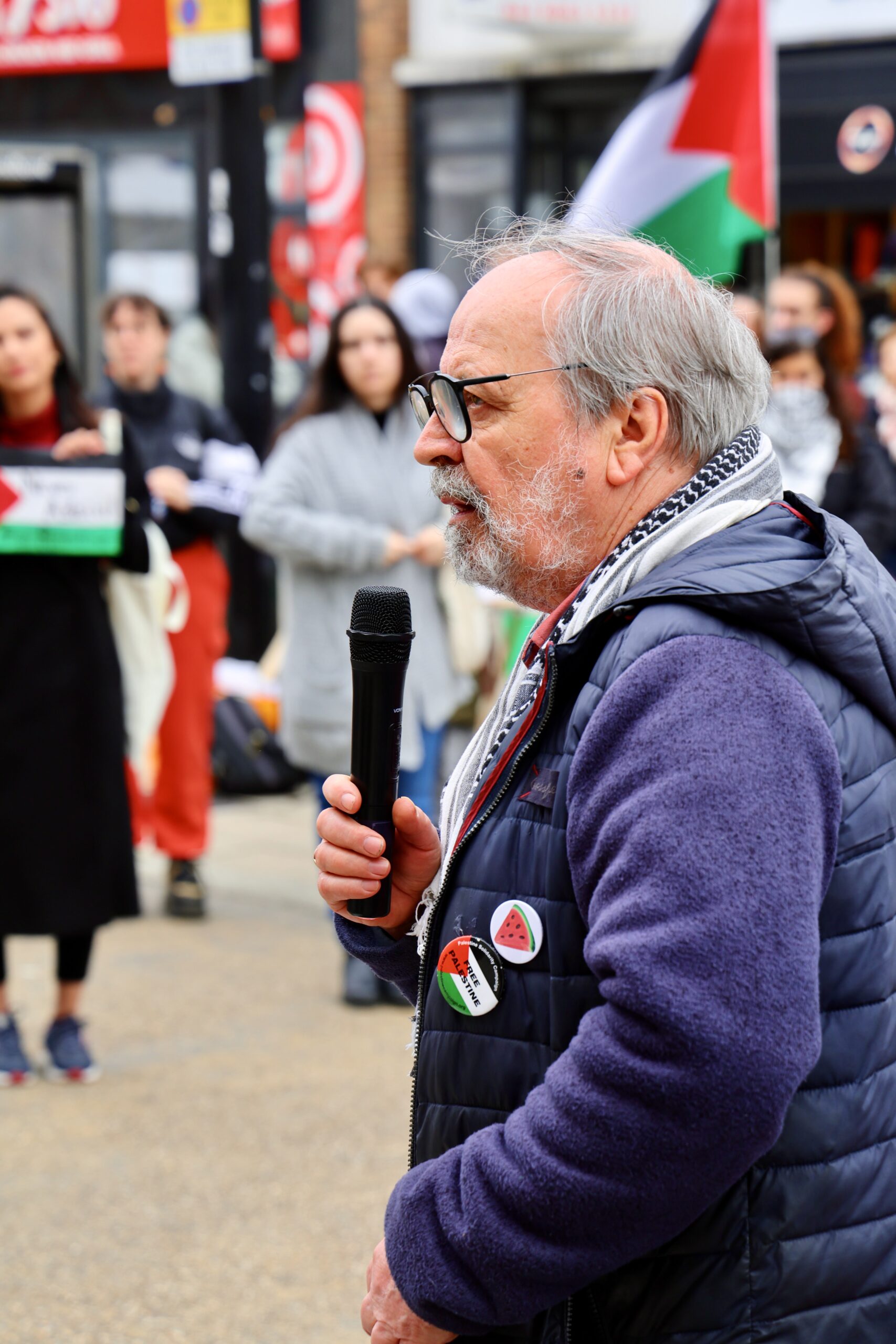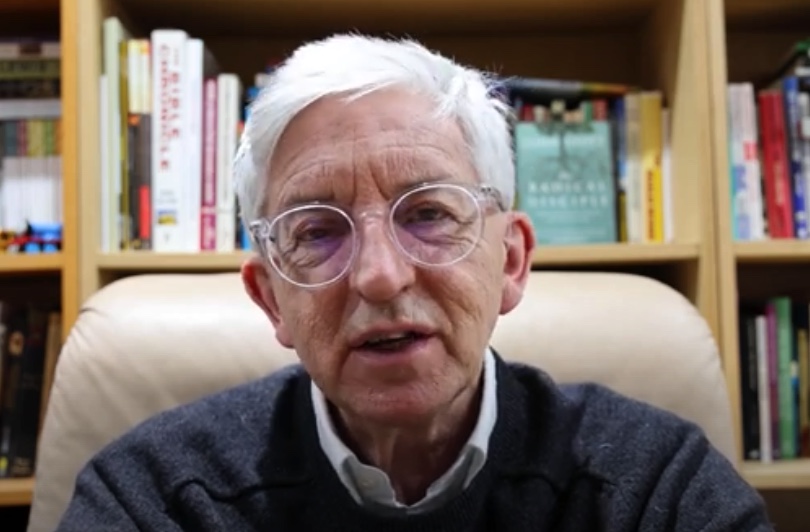
The Road from Jericho to Jerusalem is just 14 miles. A half-day’s journey, uphill all the way. Bethany is just on the other side of the Mount of Olives. A natural place to stop and rest before the final ascent and panoramic view of all Jerusalem. But it is not the road that should capture our attention. Dusty roads through dramatic scenery were as common then as now, indeed little has changed. Israeli checkpoints, barbed wire, military settlements and the Separation Barrier have replaced the Roman garrisons but it is still Occupied Territory. It is ironic that if Jesus were born in Blackpool he would have no problem getting from Jericho to Jerusalem today. But because he was born in Bethlehem he would not be able to make the journey to the Mount of Olives, let alone join the Palm Sunday procession into the Old City. Like thousands of West Bank Christians he would be unable to visit Jerusalem today. He would be turned back at a military checkpoint – because he was born in Bethlehem. Pray for your brothers and sisters today in the Holy Land who are denied the most basic of human rights – freedom of movement, freedom to worship, freedom to live in the land of their birth.
Continue reading




































































